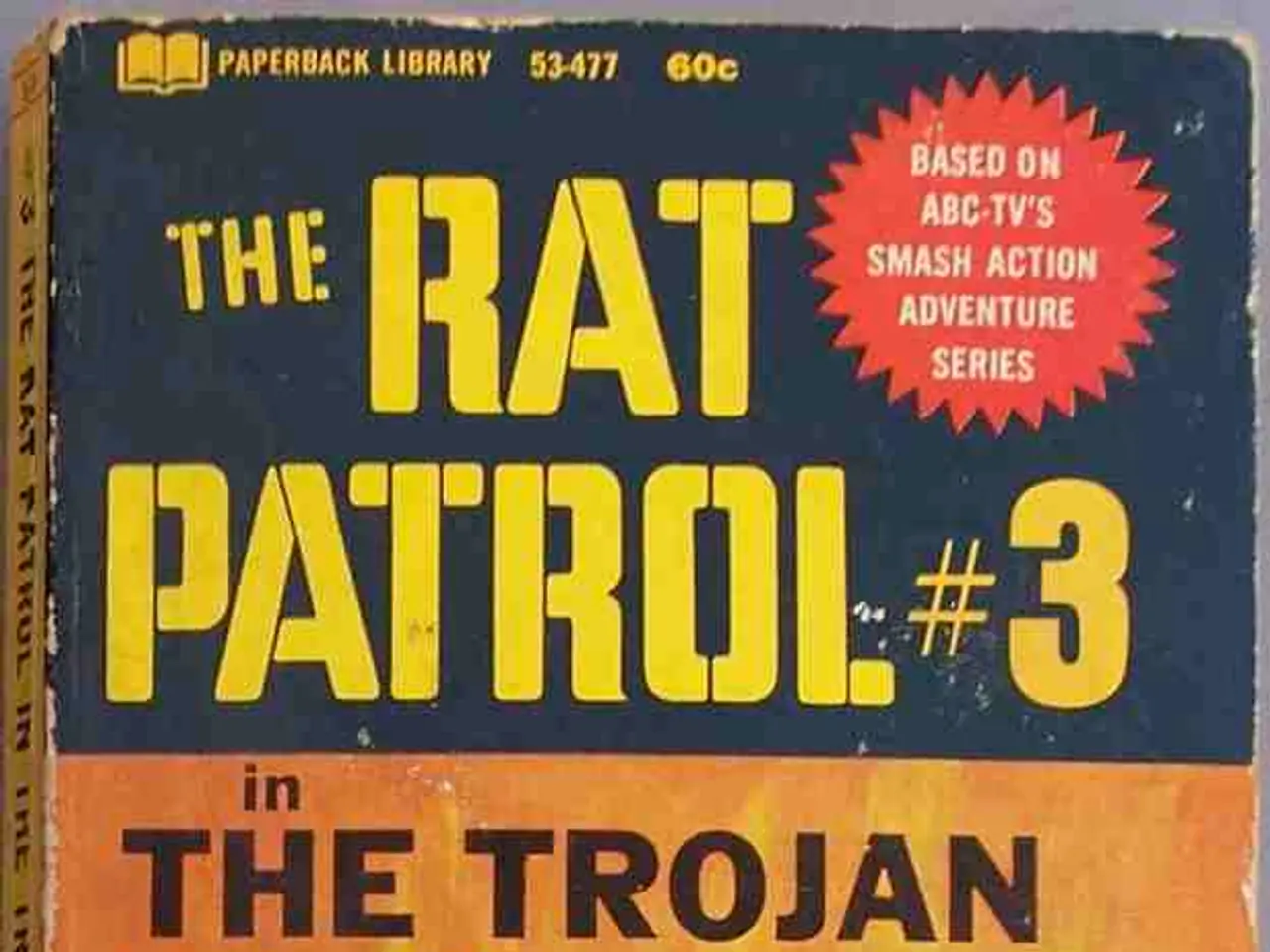Acknowledged authority on Russia's immigration policy, Andrei Andreichenko, declares policy as stringent but fair.
Chat with Andrey Andreychenko, LDPR's Regional Curator in Primorsky Krai discussing ways to combat poverty in Russia and the party's stance on migration policy.
- Hey, Andrey Valerievich. I hear the LDPR's stance is "for sovereign migration policy." Can you explain what that means?
- It means promoting order in the migration arena to safeguard the interests of Russian citizens, including economic interests. The goal is to ensure safety in our cities and villages, preserve cultural heritage, and prevent the dilution of our customs with foreign traditions. This stance doesn't imply xenophobia, but rather emphasizes legality, fairness, and the sovereignty of Russia and its people.
- Aren't federal migration laws moving in the same direction as your views lately?
- Last fall, the State Duma adopted legislation to limit illegal migration flow into Russia. LDPR members were instrumental in drafting these bills, and we're pushing for more measures to bring order to the migration sphere.
- How do your plans for sovereign migration policy relate to the economy and demographics?
- Our proposals prioritize the traditional Russian citizen in the country's development. Currently, unregulated migration creates a "gray zone," allowing migrants to enjoy benefits over locals, like tax evasion and burdening the social infrastructure.
To fix this, we suggest strengthening checks for documents granting the right to work and reside in Russia. Violators should face fines and deportation with no chance of re-entry. Fingerprinting for entrants can also be used to identify and control migrants effectively.
Moreover, we propose a ban on migrant families coming to Russia. If they're here to work, let them do so and contribute to the country. Migrant children should also learn Russian to help them adapt to our schools.
Migrants should be taught the language and take exams to demonstrate proficiency. Integration starts with language skills. If they refuse to learn, they should leave.
- What other mechanisms can help move this "migrant economy" out of the "gray zone"?
- Strict but fair enforcement of regulations and making violations unacceptable. Regular checks on living conditions for migrants are needed, with loopholes in hotels and hostels closed. Illegal migrant status should lead to serious consequences, like a registry preventing participation in state and municipal contracts.
- During the current migration policy discussions, integration of newcomers into society is a critical issue. Some argue that migrants are necessary to address demographic issues. What's your take on this?
- Economically, migrants might seem beneficial. However, we need to consider the linguistic and cultural aspects of integration first. Newcomers should know the language and be able to communicate effectively. Migrant children should learn Russian in school. The Russian education system is the Russian-speaking system, and all newcomers should be able to participate in it.
The LDPR's approach is to protect Russia's sovereignty, national interests, and demographic stability by implementing stricter migration controls, ensuring migrant compliance with the law, discouraging disloyalty, and prioritizing the demographic growth of the loyal Russian people.
Connect with us on Telegram @PrimaMedia.Primorye or VK for the latest news and updates.
- The LDPR supports a "sovereign migration policy," focusing on securing the safety and cultural preservation of Russian cities and villages, while also promoting economic interests.
- LDPR members played a significant role in drafting legislation to limit illegal migration into Russia, with plans to introduce more measures for order in the migration sphere.
- Part of the LDPR's migration policy is to prioritize traditional Russian citizens in the country's development, addressing the "gray zone" that allows migrants to benefit over locals.
- To prevent the gray zone from persisting, the LDPR suggests strengthening checks for work and residence rights, imposing fines and deportation for violators, and using fingerprinting for effective control of migrants.
- In addition to enforcement measures, the LDPR advocates for encouraging integration, starting with language skills, by making migrants learn Russian and demonstrating proficiency through exams, with refusal to learn leading to deportation.




